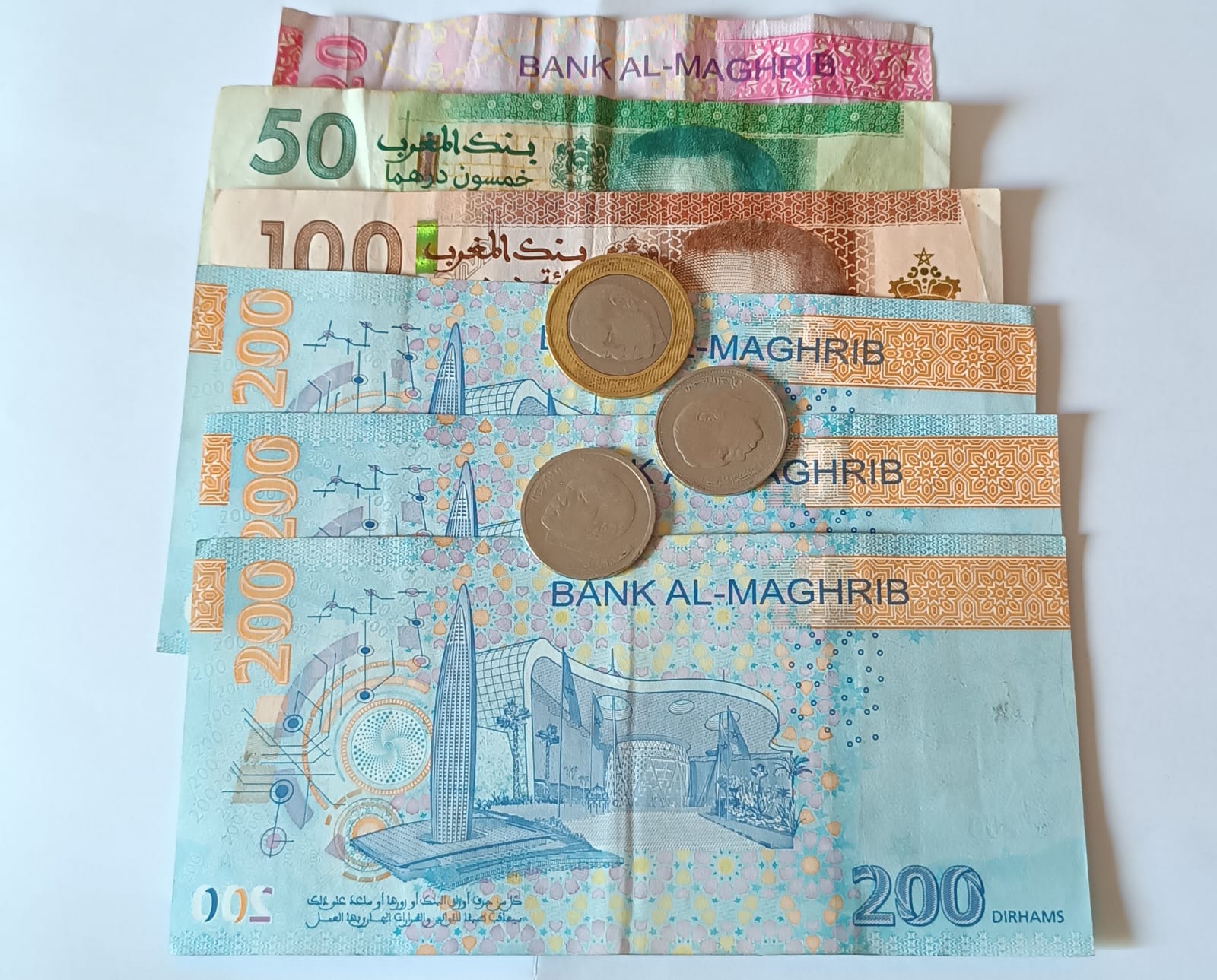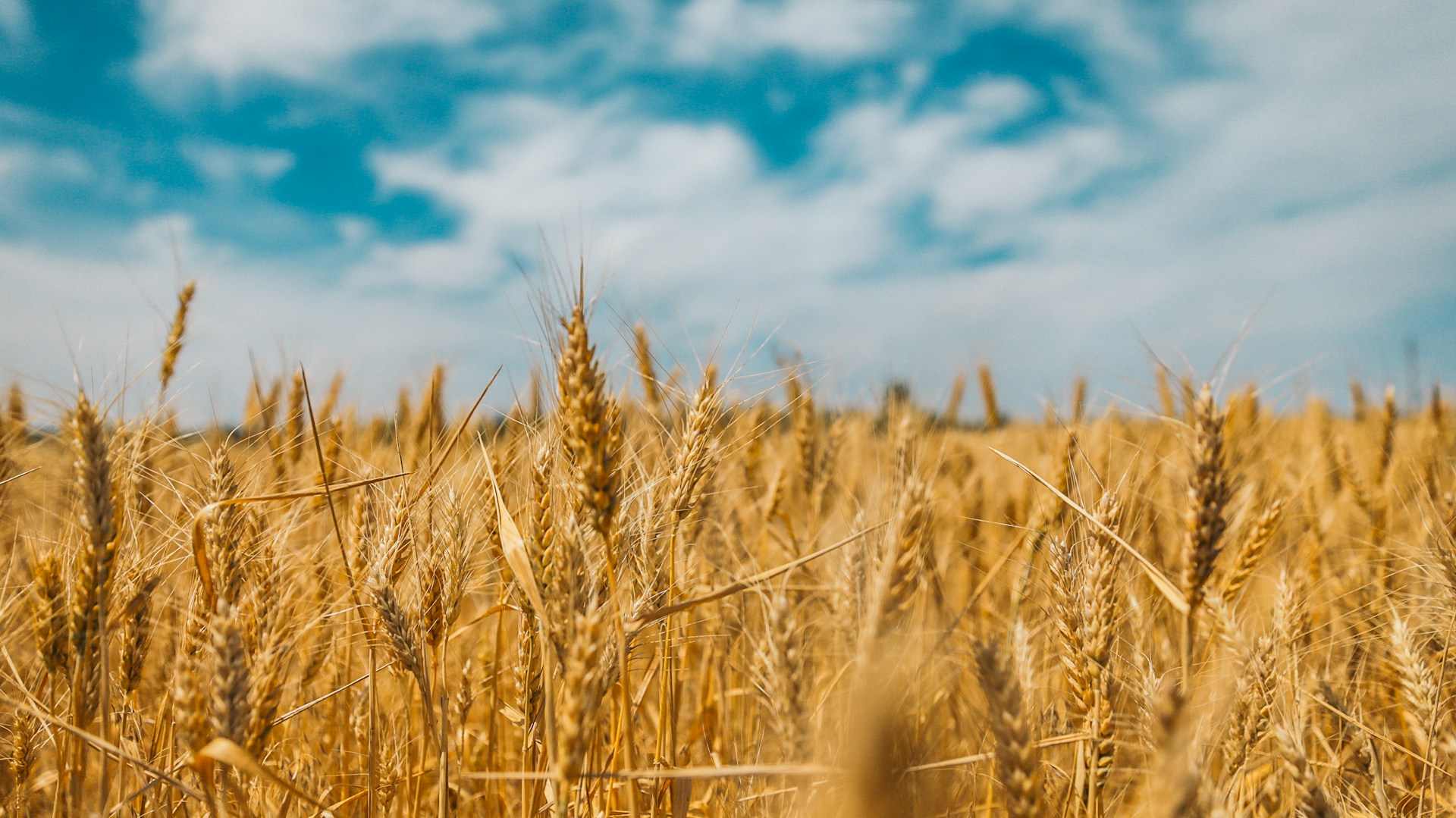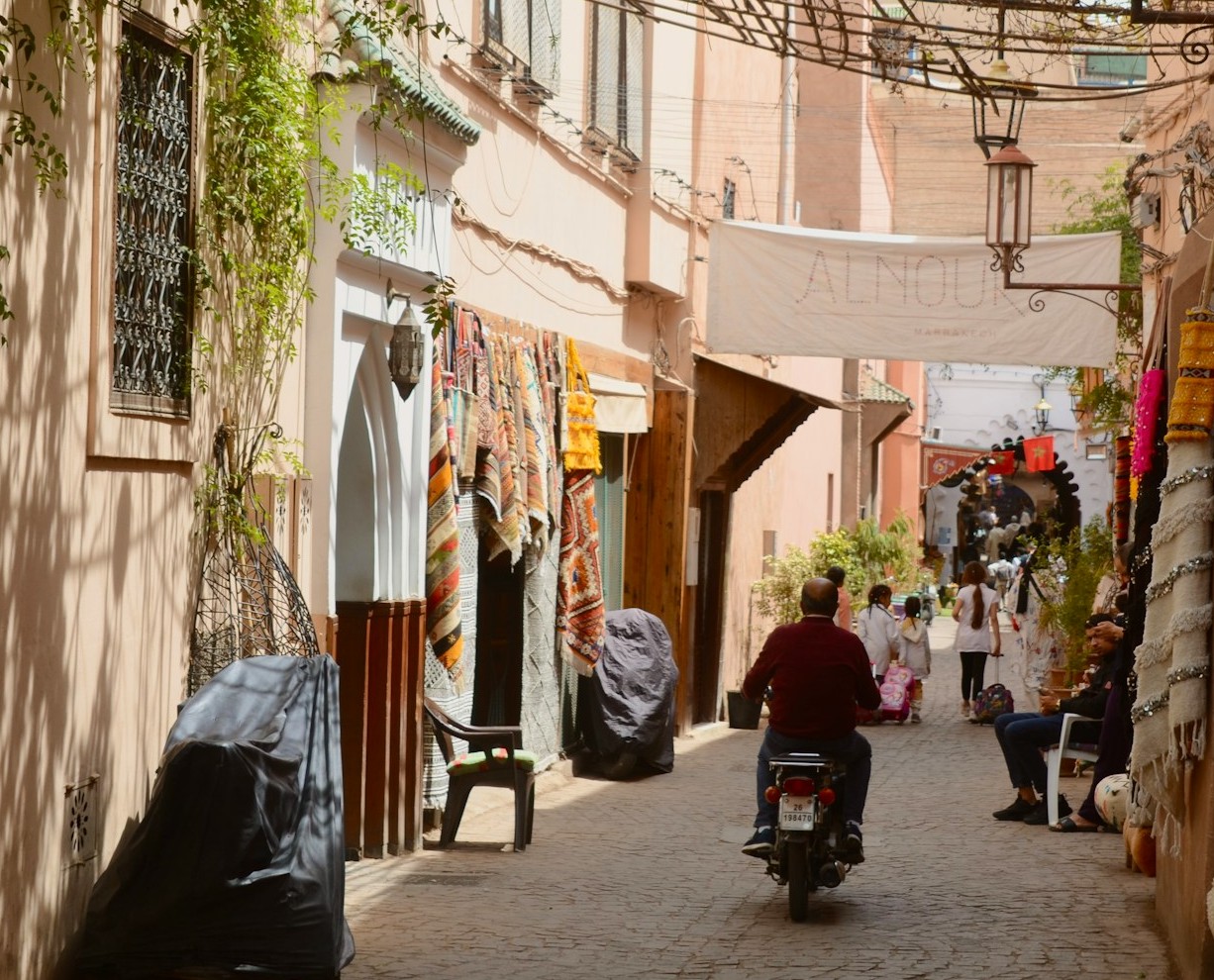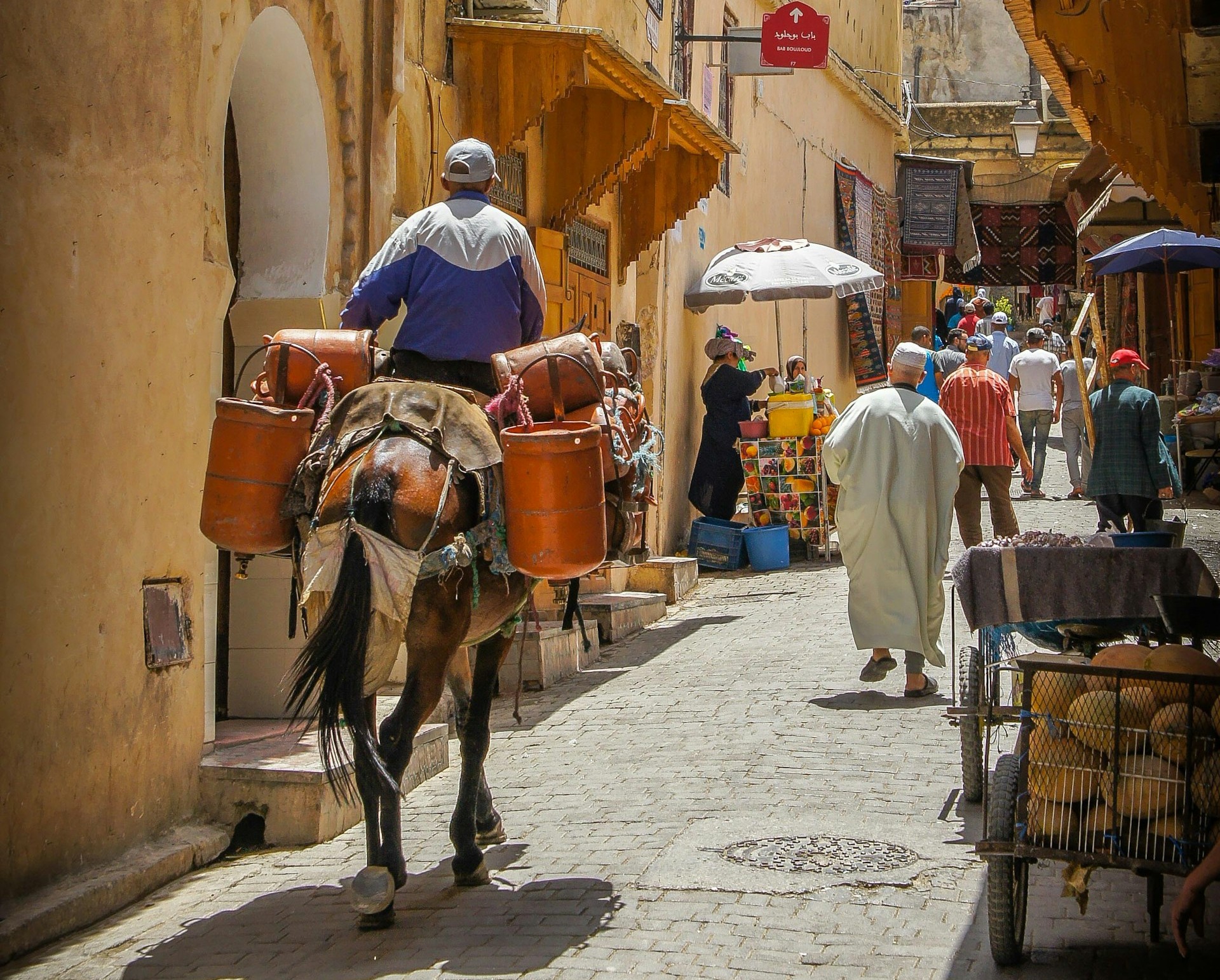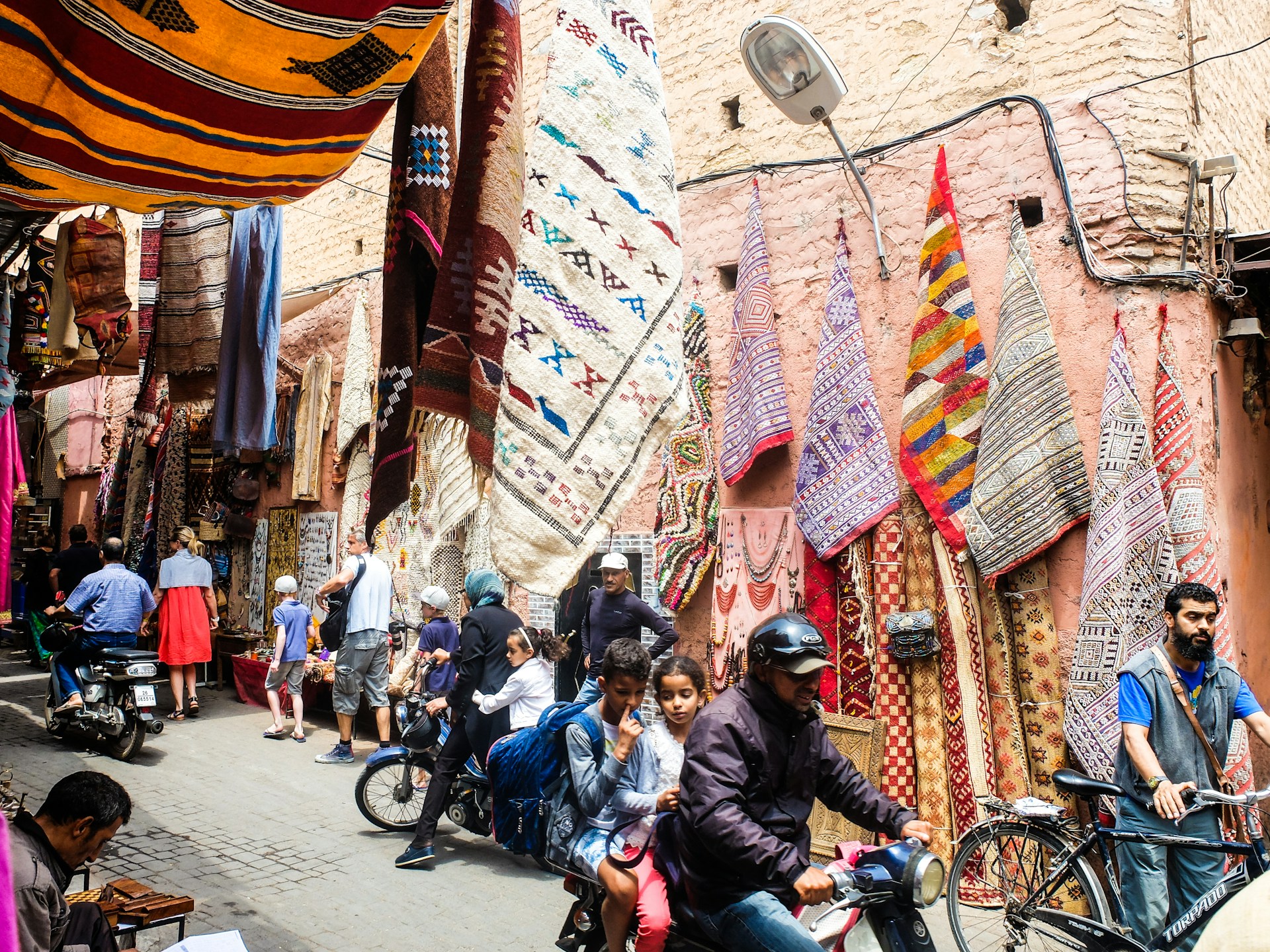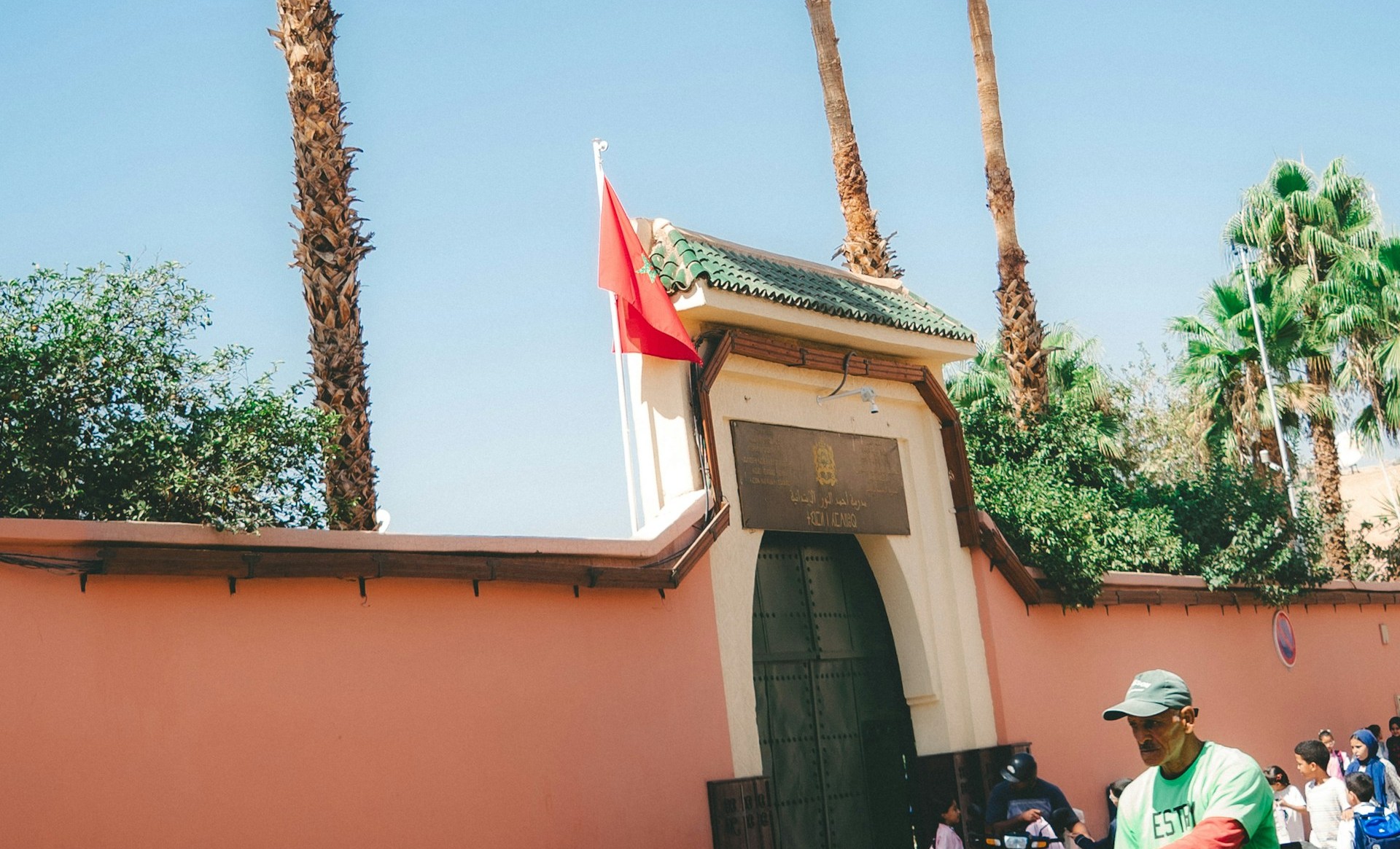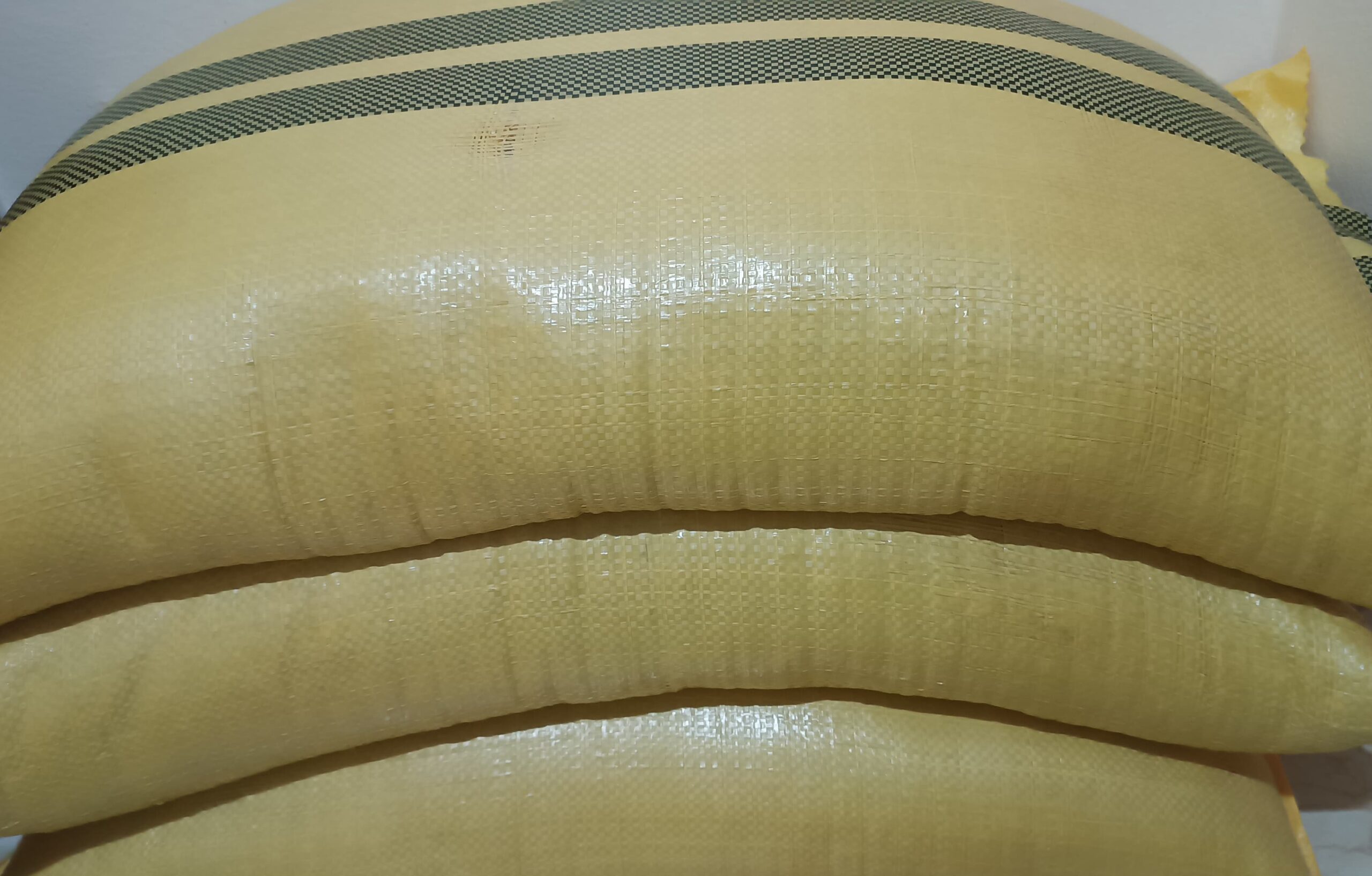Casablanca- Morocco has recently embarked on a transformative journey towards legitimizing cannabis cultivation and production. This shift in policy marks a significant departure from decades of prohibition and presents a unique opportunity for the country to harness the economic potential of the cannabis industry while addressing social and regulatory challenges.
Cannabis has a long and complex history in Morocco, where it has been cultivated for centuries, primarily in the northern Rif Mountains. Despite its deep-rooted cultural significance and economic importance, cannabis cultivation has long been stigmatized and criminalized under international pressure, particularly from Western nations. However, in recent years, there has been a growing recognition of the need to reform cannabis laws and policies to align with shifting global attitudes towards legalization and regulation.
The legitimation of cannabis in Morocco represents a significant economic opportunity for the country. With an estimated 90,000 hectares of land dedicated to cannabis cultivation and a thriving informal market, the legalization of cannabis has the potential to generate substantial tax revenues, create employment opportunities, and stimulate rural development. By regulating the cannabis industry, Morocco can capitalize on its competitive advantage in cannabis cultivation and position itself as a leading exporter of high-quality cannabis products to international markets.
Beyond its economic implications, the legitimation of cannabis in Morocco has the potential to bring about significant social benefits. By decriminalizing cannabis cultivation and production, the government can redirect resources towards public health and education initiatives, rather than law enforcement efforts targeting small-scale farmers. Moreover, the legalization of cannabis can help destigmatize the plant and promote alternative livelihoods for marginalized communities, thereby fostering social cohesion and inclusion.
However, the legitimation of cannabis in Morocco also presents several regulatory challenges that must be addressed. These include establishing robust regulatory frameworks to ensure product safety, implementing measures to prevent illicit diversion and trafficking, and addressing the potential impact on public health and youth consumption. Additionally, the government must navigate international treaties and agreements that prohibit or restrict cannabis cultivation and trade, while also balancing domestic priorities and international obligations.
The legitimation of cannabis in Morocco also has implications for the country’s international relations, particularly with regard to its allies and trading partners. While some countries have embraced cannabis legalization and regulation, others maintain strict prohibitionist policies. Morocco must navigate this complex geopolitical landscape by engaging in diplomatic dialogue, advocating for evidence-based drug policies, and leveraging international support for its cannabis industry development initiatives.
Morocco’s recent strides in legitimizing cannabis cultivation and production signify a monumental shift in the country’s approach towards harnessing the economic potential of this versatile crop. Until the end of November 2023, the National Agency for the Regulation of Cannabis Activities (ANRAC) has achieved remarkable progress, issuing 609 licenses out of 1,063 meticulously examined and processed applications.
Of these licenses, 430 were granted to farmers, enabling them to engage in the cultivation and production of cannabis, while 179 licenses were allocated for various cannabis conversion activities, spanning industrial, medical, marketing, export, seed import, and transport purposes. ANRAC’s inclusive approach is evident in the diverse array of stakeholders involved, with 82 actors, including pharmaceutical institutions, cooperatives, companies, and private individuals, obtaining licenses for their respective roles in the cannabis sector.
The magnitude of ANRAC’s impact is further underscored by the approval of 2.1 million cannabis seeds, laying the groundwork for a thriving legal cannabis industry. Additionally, 21 import licenses granted by the National Office for Sanitary Safety for Food Products have facilitated the expansion of legal cannabis cultivation, covering an area of 277 hectares and benefiting 32 production cooperatives comprising 416 farmers.
The recorded production of cannabis during the year 2023 amounted to an impressive 294 tons across the three regions covered by legalization, with an average production ranging between 10 and 27 quintals per hectare. ANRAC’s Administrative Council meeting held in December served as a platform to review the agency’s achievements for the year 2022 and assess the progress made in technical and financial aspects during 2023, while also outlining the work program for the 2024 season.
The significance of ANRAC’s regulatory efforts extends beyond domestic borders, as Moroccan hemp products containing cannabidiol (CBD) are now authorized for marketing as food supplements and cosmetics at both national and international levels, following decisions signed by Ministries of Health and Agriculture in November 2023.
Moreover, ANRAC’s rigorous tracking and monitoring operations ensure compliance with regulatory requirements, including the maintenance of regulatory records, authorized cultivation areas, and THC percentages. This commitment to regulatory oversight has garnered increasing attention from farmers and investors, with a notable desire expressed among farmers to transition to legal production practices.
Looking towards the future, ANRAC is poised to further enhance the value of the local variety of cannabis and encourage investment in the Moroccan cannabis sector in alignment with global market demands. Analytical laboratories in Morocco are equipped to conduct comprehensive analyses of cannabis products for THC and CBD content, facilitating the issuance of necessary certificates for market entry.
Established under Law No. 21-13, ANRAC plays a pivotal role in implementing the state’s strategy for the cultivation, production, manufacturing, transformation, marketing, and export of cannabis and its products. The agency is committed to ensuring compliance with international obligations, licensing procedures, supporting research initiatives, facilitating administrative procedures, and directing illegal activities towards legitimate, sustainable endeavors.







